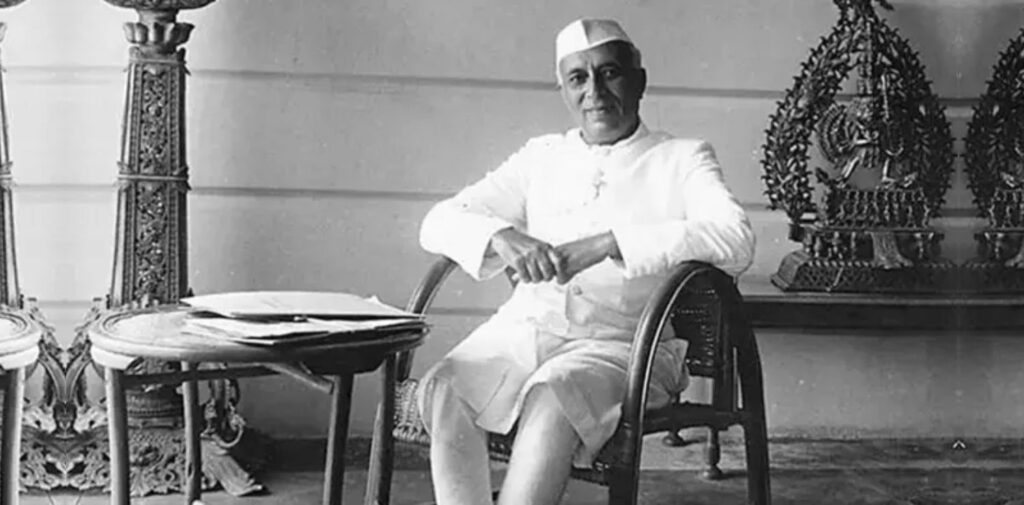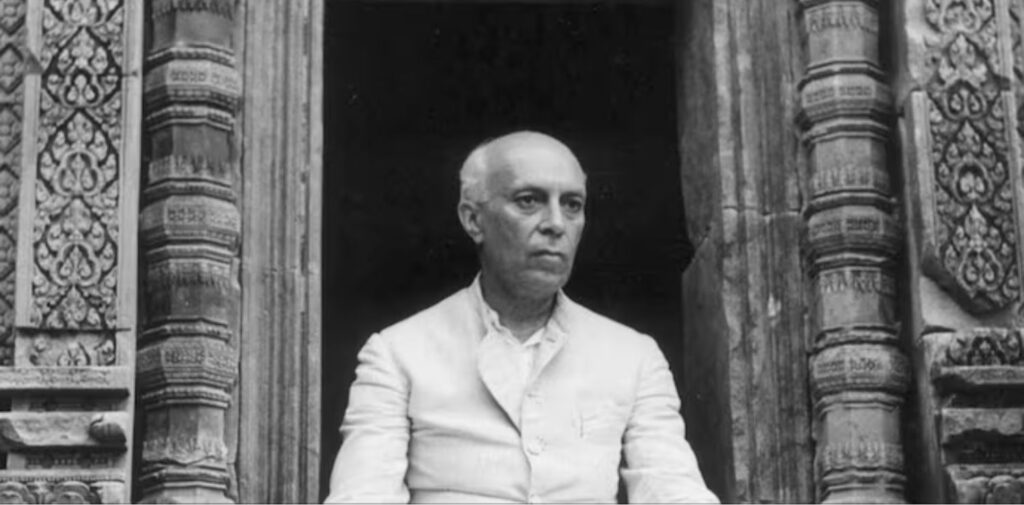India’s journey from being a newly independent nation in 1947 to a global power today has been shaped significantly by the vision of Jawaharlal Nehru, the country’s first Prime Minister. Nehru, who led India for 17 years, envisioned a modern, progressive, and self-reliant India. His policies and ideas continue to influence the country’s growth, even many decades after his death. This article delves into Influence of Nehru Vision and how it has played a crucial role in shaping India’s development.
Nehru’s Vision of a Modern India
When Nehru assumed the role of Prime Minister in 1947, India faced numerous challenges. The country was grappling with the aftermath of British colonial rule, poverty, illiteracy, and lack of infrastructure. Despite these obstacles, Nehru had a clear vision for the future—one where India would stand tall as an industrialized, self-sufficient nation in the world.
Nehru was deeply influenced by the idea of “scientific temper” and was committed to using science, technology, and education as tools for national progress. He believed that India’s future could only be bright if the country embraced modernity while staying rooted in its cultural heritage. This blend of tradition and modernity became a defining feature of Nehru’s policies.

Focus on Education
Nehru considered education as the cornerstone of India’s development. He firmly believed that education would enable the country to overcome social evils, poverty, and illiteracy. Under his leadership, the government made substantial investments in building educational institutions and expanding the network of schools and colleges. Nehru encouraged the establishment of top universities such as the Indian Institutes of Technology (IITs) and Indian Institutes of Management (IIMs), which continue to produce some of the world’s best minds.
Nehru’s vision for education was not limited to just academic learning. He also emphasized the importance of scientific and technical education, understanding that progress in technology would directly contribute to economic growth. This foresight helped shape India’s future by creating a generation of skilled workers and thinkers.
Industrialization and Economic Planning
One of Nehru’s major goals was to transform India into an industrialized nation. At the time of independence, India’s economy was primarily agrarian, with little industrial development. Nehru believed that a strong industrial base was essential for economic self-sufficiency and independence.
Under his leadership, the government initiated the establishment of large public sector enterprises and industries. Major industries such as steel, coal, and power generation were nationalized, and institutions like the Bhilai Steel Plant and the Bharat Heavy Electricals Limited (BHEL) were set up. This focus on industrialization laid the foundation for India’s growth as a manufacturing and economic hub in the future.
Nehru also introduced the Five-Year Plans to guide the country’s economic growth. These plans were designed to prioritize sectors like agriculture, industry, and infrastructure development. While the immediate results were mixed, the planning process laid the groundwork for long-term growth by focusing on key sectors and sectors that needed urgent attention.

Scientific Development and Technological Innovation
Nehru’s emphasis on scientific development had a profound impact on India’s future growth. He believed that India could only progress if it kept pace with advancements in science and technology. As a result, Nehru invested heavily in scientific research and innovation, even in the early years of independence.
One of Nehru’s most significant contributions was the establishment of organizations like the Indian National Committee for Space Research (INCOSPAR), which later became the Indian Space Research Organization (ISRO). Nehru envisioned India becoming a leader in space technology, and under his leadership, the country made its first steps toward space exploration.
In addition to space research, Nehru also encouraged advancements in nuclear energy. India’s nuclear program began under his guidance, with the establishment of nuclear research centers such as the Bhabha Atomic Research Centre (BARC). Today, India is recognized as a leader in both space technology and nuclear energy, all thanks to Nehru’s vision of scientific progress.
Secularism and Unity in Diversity
Nehru’s vision for India was not just about economic growth; it was also about building a cohesive and united society. India is a country with a rich diversity of languages, cultures, and religions, and Nehru believed that the future of India depended on maintaining harmony among its people.
Nehru was a strong advocate of secularism, where the government would not favor any particular religion but would ensure equal treatment for all citizens. His commitment to secularism helped in keeping India united, despite the many challenges posed by its diverse population. The Indian Constitution, which was adopted in 1950, enshrined the principles of equality and freedom, and Nehru worked tirelessly to ensure that these values were upheld.
He also promoted the idea of “Unity in Diversity,” emphasizing that India’s diversity was its strength. This philosophy has played a crucial role in preserving social harmony and peace in India, even today.
Foreign Policy and Global Influence
Nehru’s vision extended beyond India’s borders. He believed that India had an important role to play in the world, particularly in promoting peace and cooperation among nations. As a founding member of the Non-Aligned Movement (NAM), Nehru sought to keep India out of the Cold War rivalry between the United States and the Soviet Union. Instead, he advocated for an independent foreign policy that prioritized India’s national interests and peaceful coexistence with other countries.
Nehru’s foreign policy was rooted in the idea of global cooperation, and he played a key role in shaping the post-World War II order. Under his leadership, India gained international recognition as a voice of peace and diplomacy, and his ideas continue to influence the country’s foreign policy today.

Nehru’s Legacy in Today’s India
The lasting impact of Nehru’s vision can be seen in almost every aspect of India’s development today. The institutions he established, the policies he implemented, and the values he promoted have all played a crucial role in shaping the modern Indian state. For instance, the focus on education and science laid the foundation for India’s IT and software industry, which is now one of the world’s largest.
Similarly, Nehru’s emphasis on industrialization helped India become a global player in sectors like manufacturing, energy, and infrastructure. The public sector enterprises that were established during his time continue to contribute significantly to India’s economy.
Moreover, Nehru’s vision of secularism and unity in diversity has enabled India to maintain social harmony in the face of its challenges. The country’s democracy, which Nehru played a central role in building, remains one of the largest and most vibrant in the world.
Conclusion: Influence of Nehru Vision
Jawaharlal Nehru’s vision for India was one of progress, self-reliance, and unity. His policies have shaped the country’s development in ways that continue to benefit the nation today. From industrialization to scientific advancement, from secularism to foreign diplomacy, Nehru’s influence is visible across multiple sectors. His legacy remains a guiding force in India’s ongoing journey toward becoming a global leader, and his vision continues to inspire future generations of Indians as they strive for a brighter future.
Nehru’s impact on India’s development is immeasurable, and his dream of a modern, self-sufficient, and united India continues to be realized, even in the 21st century. The country’s success is a testament to the lasting power of his ideas, which will continue to shape India’s future for years to come.




